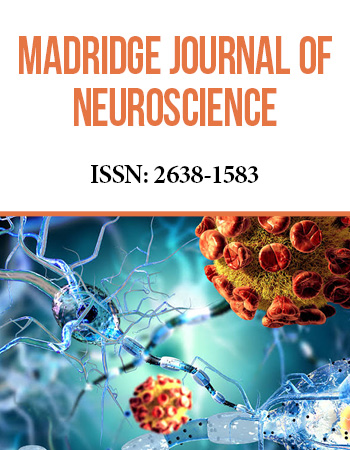International Neurology Conference
December 3-4, 2018 Valencia, Spain
Effects of Nigella sativa Seeds on Brain Inflammatory Cytokines, in a High Fat Diet Rat Model
King Abdul Aziz University, Saudi Arabia
Introduction: High fat diet (HDF) increases the risk of developing molecular inflammation in the central nervous system (CNS). Recently, several herbal extracts have been investigated for its protective effect when consuming HFD. Nigella sativa (NS) have significant anti-inflammatory and anti-oxidant proprieties and it could be a novel neuroprotective agents.
Objectives: this study designed to evaluate the neuroprotective effect of NS seeds on the brain inflammatory cytokines and the histopathological changes in the cerebellum of rats fed HFD and treated with NS.
Methods: Fifteen male rats were randomly divided into three groups: 1st group, fed normal diet, 2nd group, fed high saturated fat diet (SFD) at a dose of (6ml/day) for 8 weeks, 3rd group, fed SFD for 4 weeks then added NS at a dose of (300mg/kg/day) for 4 weeks. Blood samples were collected to measure brain inflammatory cytokines IL-1β, IL-6 and IL-10 using multiplex technique and brain samples for histopathological examination.
Results: Pro-inflammatory cytokines (IL-1β, IL-6) were elevated in comparison to NS treated and control groups ****p < 0.0001, **p < 0.01 respectively. In contrast, anti-inflammatory cytokine IL-10 level was decreased in HFD group ***p < 0.001 in comparison to NS treated and control groups. Indicating a significant improvement by the treatments with NS. Histopathological examination of cerebellar sections showed sings of purkinje cells inflammation in the HFD group.
Conclusions: Nigella sativa could serve as an effective neuroprotective agent due to its anti-inflammatory action seen in the treated group.


